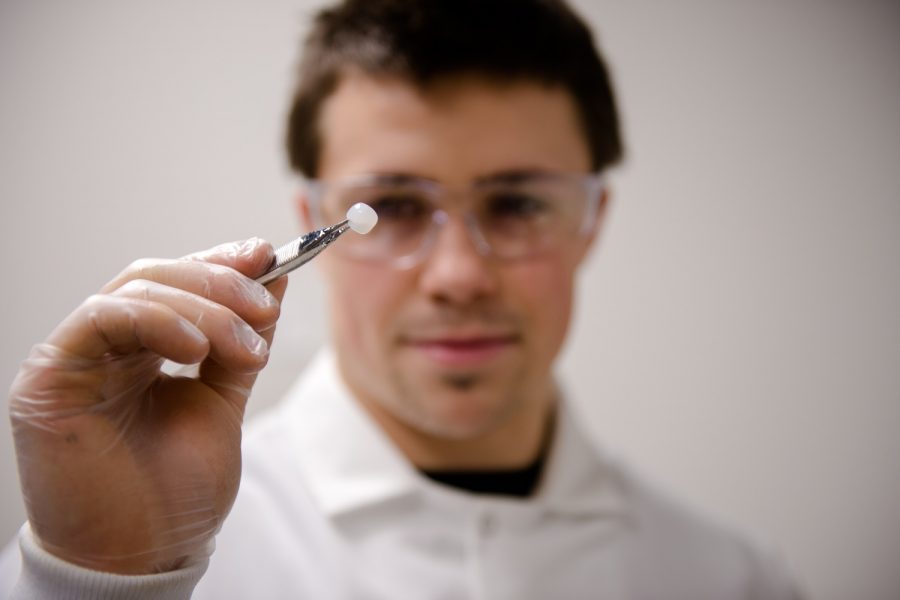
“Where else could I have led a research project on liver fibrosis; watched autopsies; designed a device for the insertion of a myocardial pacemaker via a minimally invasive procedure; published a paper detailing a 3-D printed device we designed and made accessible to the entire world to help diagnose childhood malnutrition; married my high school sweetheart; pole-vaulted and learned to throw a discus, shot-put, and javelin; coached high school football and track; and saved my best friend’s father’s life on a bike trail in the middle of the woods?“
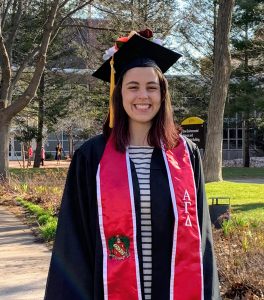 Preparing for Pre-Med
Preparing for Pre-Med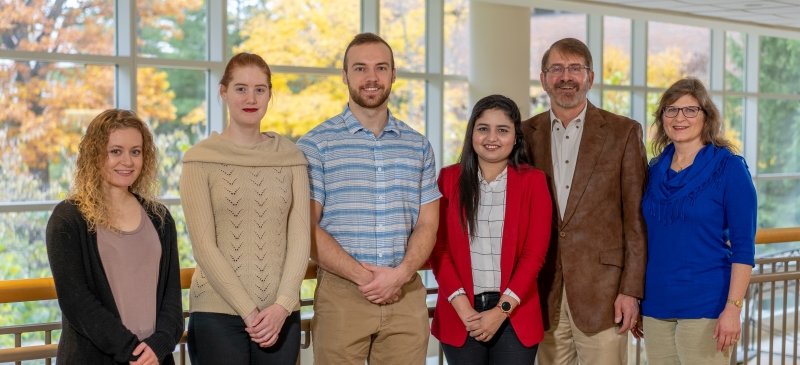
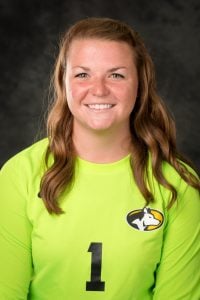 I think Michigan Tech gave me the opportunity to be involved with a lot of different things and become a well-rounded student. The small class sizes gave me the confidence to take charge and lead, in group and classroom settings. The research-based classes and labs gave me a good background in reading and interpreting research. The kinesiology department faculty have helped me so much with the application process itself. They took the time to write recommendations, proofread essays, and do mock interviews. The undergraduate internship that I completed at UP Health System gave me a very diverse shadowing experience. Due to the rural nature of the Houghton-Hancock area, I was able to observe many practice settings. I think being able to talk about these diverse experiences strengthened my understanding of
I think Michigan Tech gave me the opportunity to be involved with a lot of different things and become a well-rounded student. The small class sizes gave me the confidence to take charge and lead, in group and classroom settings. The research-based classes and labs gave me a good background in reading and interpreting research. The kinesiology department faculty have helped me so much with the application process itself. They took the time to write recommendations, proofread essays, and do mock interviews. The undergraduate internship that I completed at UP Health System gave me a very diverse shadowing experience. Due to the rural nature of the Houghton-Hancock area, I was able to observe many practice settings. I think being able to talk about these diverse experiences strengthened my understanding of 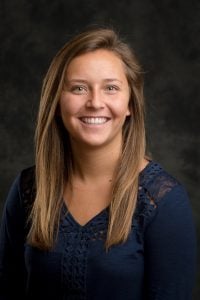
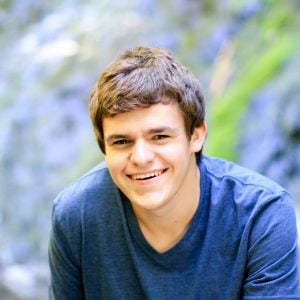
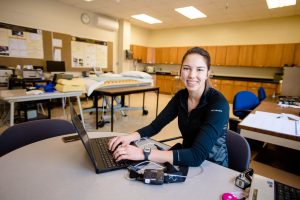 When I first decided to
When I first decided to 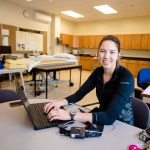
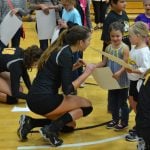
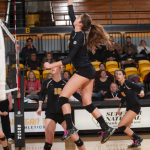
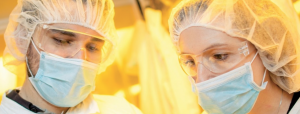 Michigan Tech’s human-centered research improves lives. Here’s how.
Michigan Tech’s human-centered research improves lives. Here’s how.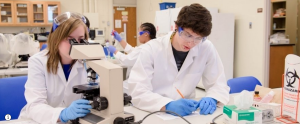 As healthcare’s place in the economy expands and Michigan Tech’s involvement in the health sciences increases, the University’s Career Services office partners with Tech’s Departments of Biological Sciences, Kinesiology and Integrative Physiology, and Biomedical Engineering to bring Medical Careers Week to students.
As healthcare’s place in the economy expands and Michigan Tech’s involvement in the health sciences increases, the University’s Career Services office partners with Tech’s Departments of Biological Sciences, Kinesiology and Integrative Physiology, and Biomedical Engineering to bring Medical Careers Week to students.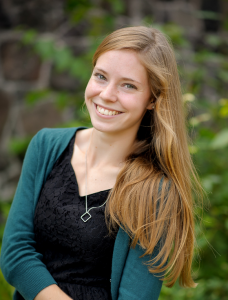 My name is Erin McKenzie and I am pursuing an undergraduate degree in biological sciences, with a pre-professional concentration.
My name is Erin McKenzie and I am pursuing an undergraduate degree in biological sciences, with a pre-professional concentration.